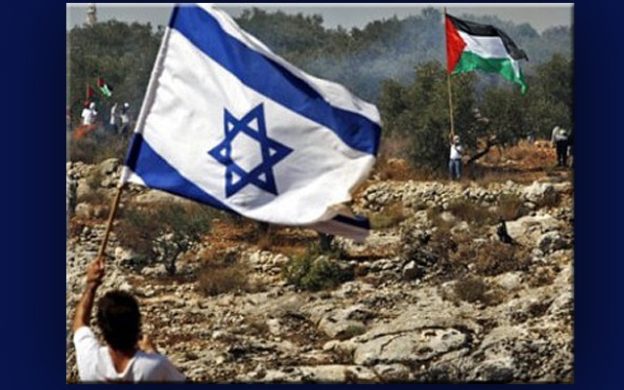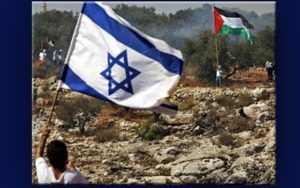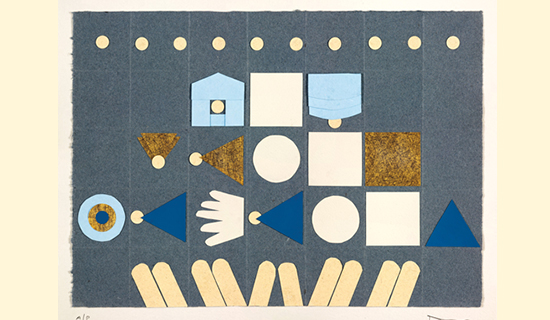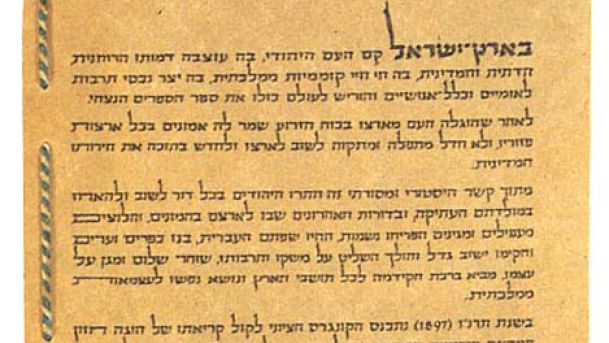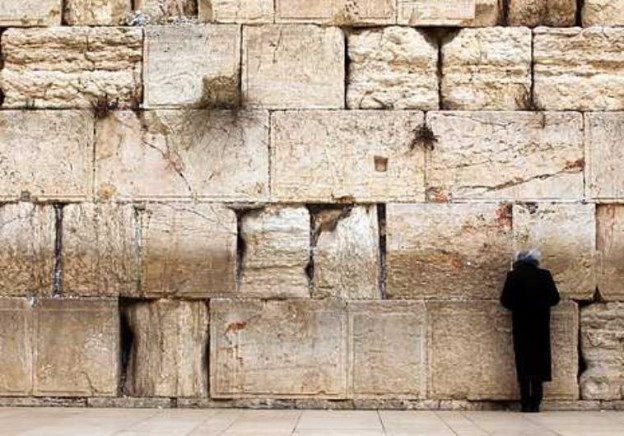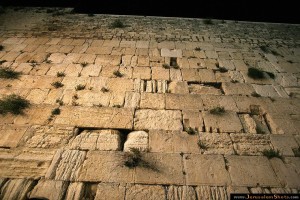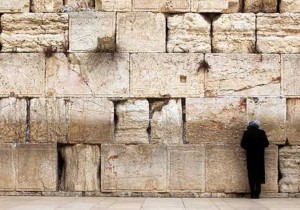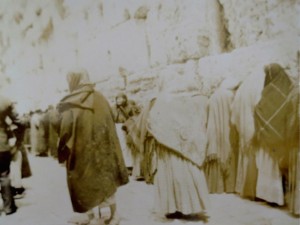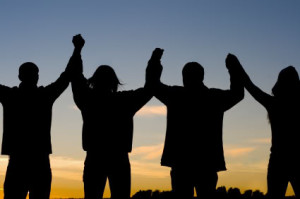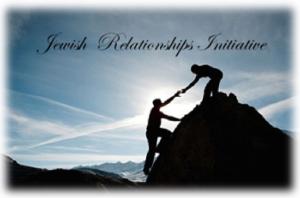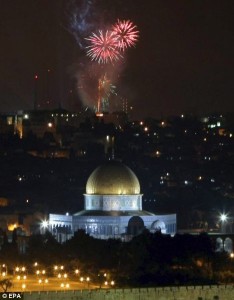In reaction to Ms. Portman’s decision to reject the Genesis Prize the Jewish world has been a blaze. She has been vilified and pilloried. It seems just a matter of time before someone calls for her head. Ms. Portman was initially vague in her reasons for her action except to say that she did not want to appear to support Netanyahu or policies with which she has serious objections. As a citizen of Israel, a democratic country, she has the right to express her opinions regardless of who may agree.
Israel is ostensibly a Democracy and Ms. Portman is an Israeli citizen. So she is arguably demonstrating a loyalty to her country by exercising her right to an opinion and speaking out. Whether you agree or disagree with her position, her rights as a citizen should be respected and so should she. Ms. Portman is an accomplished, intelligent person.
As such, her opinions are likely thoughtful and deliberate, all the more so given the ramifications of this public stand.
The personal attacks on her and calls for charges of treason and revocation of her Israeli Citizenship are at best extreme and unwarranted. Whether you agree with her position, one can respectfully and even vehemently disagree without resorting to the calumny bandied about. The fact that she is an Israeli citizen and an active supporter of her homeland gives her voice a particular gravitas, something she undoubtedly considered in her decision and public statements. It is inappropriate and shameful that so many rush to judgement, seeking her head.
Our community needs to do better. We argue and disagree all the time. That is part of Jewish and Israeli cultural DNA. But if we forget that we are Am Yisrael we do so at our own peril. Anti-Semitism is alive and well. Those seeking a world without Jews or Israel are plentiful. It would be tragic if we did their work for them through the baseless hatred or Sinat Chinam, our tradition warns us against.
Natalie Portman was awarded the Genesis Prize, the highest achievement of her country Israel. She has decided to take a stand and reject this award. To spurn this national recognition is not done cavalierly, but with forethought. This was not some grade-school essay competition. The Prize signals a deep respect for her and her extraordinary achievements. We might do well to remember that before labeling her with disdain and contempt. Perhaps we might learn from the stand that she has taken and learn something about her, our people, and ourselves.

